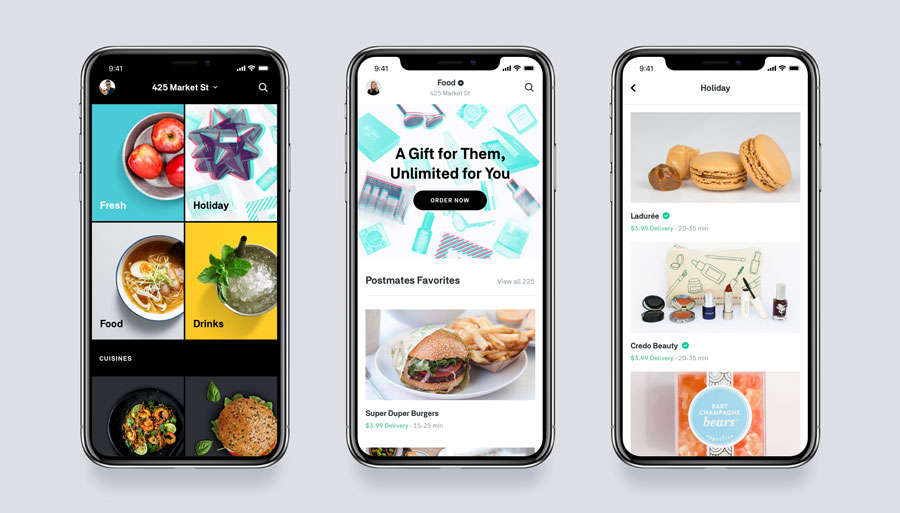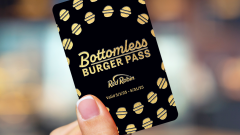Food Delivery Services Offer Customers Incentives During Covid-19 Concerns, But What About Their Drivers?

Yesterday, Postmates announced that it would be slashing delivery fees in half for orders worth more than $10 between the hours of 10am-2pm, capitalizing on the recent wave of social isolation due to COVID-19.
This comes only two days after the company made a dual announcement, stating that it planned to waive commission fees for restaurants, therefore allowing them to join and use the app for free, as well as pay for any COVID-19 medical expenses their drivers accrued.
The two announcements serve as a microcosm of the juxtaposition delivery services currently lie in: with business surging due to the increased number of people staying home, what’s the proper response to their workers, who lie at the frontline of exposure, and their struggling restaurant partners?
There appears to be no clear cut answer.
Postmates took some of the first action in early March by introducing non-contact deliveries, allowing customers to choose a drop off location for their food. But, with most companies working from home, American cities beginning to shut down entirely, and most delivery services remaining tight-lipped about the issues, drivers felt left in the dust.
As lawmakers pressed companies like DoorDash and Uber to improve situations for their workers, food delivery services scrambled to distance themselves from the issue. DoorDash and InstaCart quickly announced paid sick leave for workers diagnosed with COVID-19, and Postmates took the aforementioned measures.
This still doesn’t leave drivers with much room to breath, though. If one is infected, money will be lost regardless, either in the form of time spent going to the doctors or time spent quarantined.
Grubhub took effort to help only restaurants, with a similar strategy to Postmates, by slashing their marketing fees. No word, however, was said about the affected Grubhub delivery drivers.

Though, certainly, these companies seem to be trying to help their associated restaurants and individuals, business is still going on as usual.
And we’ve seen, in multiple countries, what will happen if business goes on as usual, and what happens when it doesn’t.
Delivery services can’t come to terms with the scale of the virus, and the measures it’s going to take to prevent widespread infection. There’s too much money to be lost. And, with no one wanting to leave the house, and drivers relying on the wage they earn for sustenance, the money will continue to roll in.
As long as delivery companies are delivering, and drivers are still dependent on work, ordering delivery with timely promotions doesn’t offer much of an ethical issue. Though, the privilege of being able to put another human at-risk to allow oneself to self-isolate should be noted, and also warrant a hell of a tip.
But, if these companies are as serious as they say they are about preventing infection, that would mean halting business for a week or two, since their entire business plans revolve around sending drivers through different cities to interact with others. This, in turn, would probably harm already struggling restaurants, as well.
It’s hard to see a right answer with how our gastronomic economy is set up. It’s an ecosystem that runs out of necessity, one that won’t stop turning until it’s forced to.






















